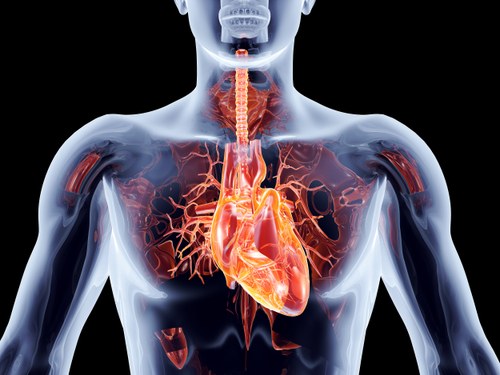
Anthracycline-induced cardiotoxicity is a clinical condition caused by chemotherapeutic agents that lead to morpho-functional alterations and cardiomyocyte cell death. It progresses from an early reversible asymptomatic stage to an irreversible phase that is often challenging to treat. Doxorubicin (DOX) is a widely used chemotherapeutic agent for the treatment of solid tumors and hematologic malignancies. However, its clinical use is limited by dose-dependent cardiotoxic effects, which can result in left ventricular dysfunction and hypertrophy, frequently associated with heart failure. Due to the incomplete understanding of molecular mechanisms, effective therapeutic strategies are still missing. For this reason, the investigation of cellular mechanisms underlying anthracycline cardiotoxicity is necessary for developing preventive approaches, early diagnostic tools, and targeted treatments. In a screen for signal transduction genes in human induced pluripotent stem cell (hiPSC)-derived cardiomyocytes, a significant upregulation of phospholipase C beta 2 (PLCβ2) was identified following DOX treatment. Supporting this finding, in vitro studies confirmed that DOX exposure leads to a marked increase in PLCβ2 expression at both the gene and protein levels. This upregulation correlates with an enlargement of the cardiomyocyte surface area, impaired mitochondrial function, and increased reactive oxygen species (ROS) production. Further analysis of downstream signaling pathways, including phosphatidylinositol-3-kinase (PI3K)/Akt/mammalian target of rapamycin (mTOR), mitogen-activated protein kinases (MAPK), and diacylglycerol kinase (DGK), confirmed alterations in these signaling cascades. Based on these findings, our research group is currently investigating the role of PLCβ2 in greater detail, aiming to assess its potential as a therapeutic target for DOX-induced cardiotoxicity.